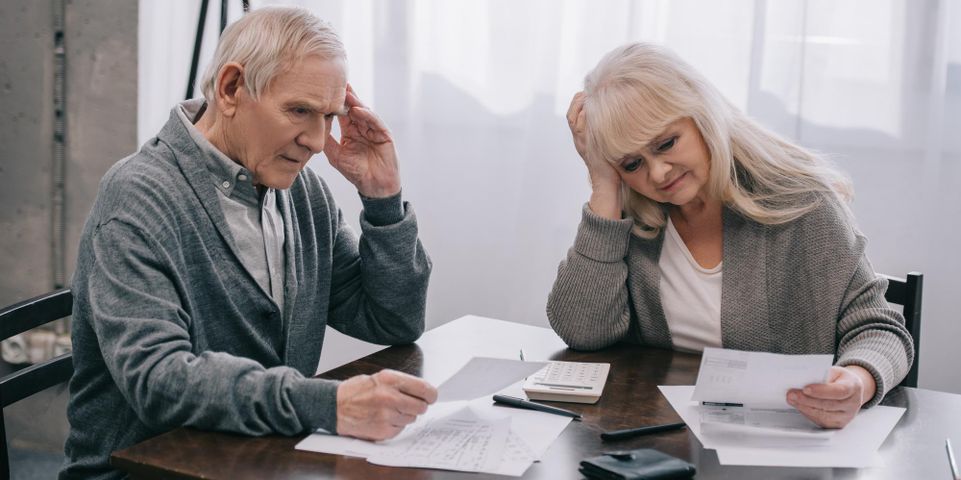Common Questions About Bank Freezes & Personal Bankruptcy

If you’ve filed for personal bankruptcy, all of your assets—including your bank accounts—will become part of the bankruptcy estate. Throughout your legal proceedings, the trustee of your estate will determine which assets are to be released to you and which will be seized. During this process, your banking institutions are likely to freeze your accounts to make the money inaccessible for a temporary period of time. If you’re navigating this financial matter, here are a few frequently asked questions about bank freezes that can help shed more light on the topic.
5 FAQ About Bank Account Freezes
Why do banks freeze accounts?
Banks freeze accounts for two different reasons. First, this strategy is used to protect funds that are part of the bankruptcy estate. Secondly, the bank may hold onto the money to offset any debts you may owe to the institution.
Will a freeze affect my credit score?
While personal bankruptcy will be included on your credit report for up to 10 years, frozen bank accounts may not necessarily harm your score if you address the matter promptly. If you don’t resolve a frozen account within a timely fashion, you may have trouble paying off debts or accrue fees that could harm your credit score.
How can I lift a freeze?
 Your bankruptcy attorney can assist with lifting a bank freeze. Essentially, they will contact the trustee of the bankruptcy estate who must determine whether or not the account funds are exempt. If they are, the account may be unfrozen. Since this process can be lengthy, attorneys will often have to file a motion to release the funds.
Your bankruptcy attorney can assist with lifting a bank freeze. Essentially, they will contact the trustee of the bankruptcy estate who must determine whether or not the account funds are exempt. If they are, the account may be unfrozen. Since this process can be lengthy, attorneys will often have to file a motion to release the funds.
What happens if a bank uses my funds to offset a debt?
If you owe money to the bank, they may have the right to offset these debts with the funds in your frozen account. To do this, the bank’s legal team will file a motion to lift the automatic stay and a hold a hearing regarding the funds. These funds can be acquired and used by the bank unless you can present a viable defense.
Is there a way to avoid a freeze?
Banks are not able to hold onto funds that are not in their accounts. As such, you can avoid a freeze if you remove the money before filing for personal bankruptcy.
Frozen accounts are just one of the many complicated aspects of personal bankruptcy. Fortunately, when you have Brian R. Cahn & Associates, LLC by your side, you can simplify these obstacles and navigate the process with confidence. Focused on bankruptcy law, these Cartersville, GA, attorneys will help you explore your options, guide you through the filing process, and assist with legal matters along the way. Visit this northwest Georgia firm online to learn more about their debt relief services or call (770) 382-8900 to schedule a consultation with a friendly lawyer.
About the Business
(23 reviews)
Have a question? Ask the experts!
Send your question

